Is humanity doomed?
Are we on an inevitable collision course with extinction?
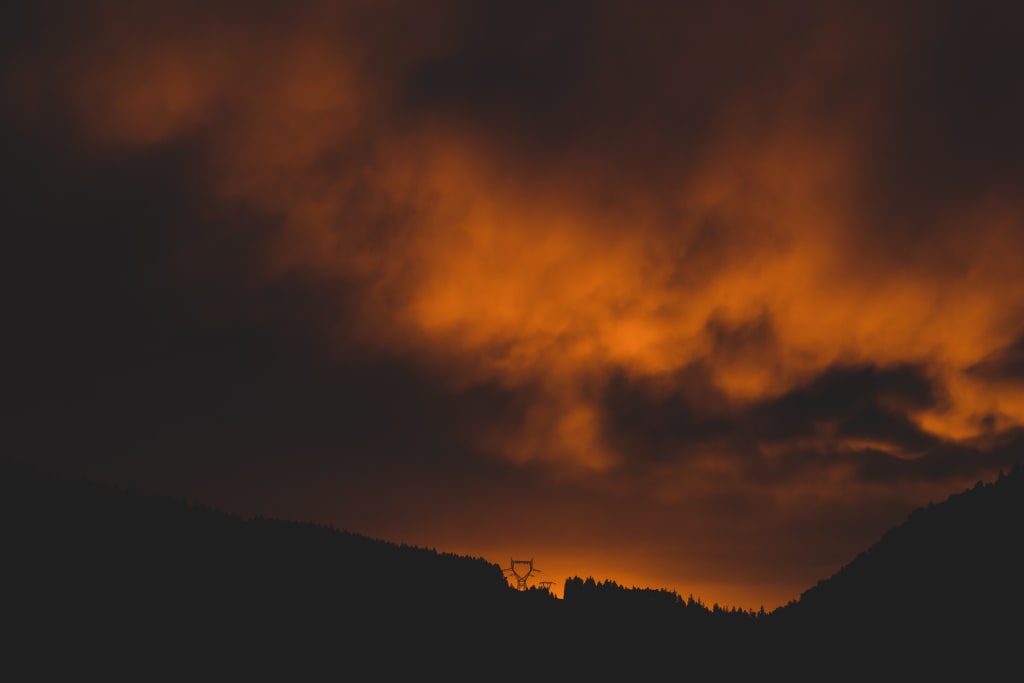
A topic was posted recently on a well known social media site. The site itself shall remain anonymous, as shall the user, or any other identifying information, but the title was singular and eye-catching: "It really seems like humanity is doomed."
Anyone with any shred of empathy is hardly going to skip across that title without their heart missing a beat. Arresting, it certainly is - and it is representative of how increasing numbers of us feel about the world and about humanity. In particular, humanity's capacity to take appropriate actions.
For the purposes of this article, I am going to lift a few choice phrases from that posting, to impart a flavour of their expression.
"After ... growing up seeing a concerted effort ... to monetize absolutely everything that humans can possibly do or have ... that continues to destroy this planet, cultures, and citizens, I can only conclude that we are not able to stop this rampant greed-filled race to the bottom. The bottom, of course, is no more resources ... We are seeing it happen in real time ... I do feel as if we are witnessing the end of this planet as far as humanity goes. We cannot survive the way we are headed ... Slowly and in some cases suddenly, all barriers to exploiting every single resource and human are being dissolved ... I'm perpetually sad these days. It's a form of depression that is externally caused, and it won't go away because the cause won't go away ..."
These sentiments are real, legitimate and a sign of someone who cares deeply about the direction that humanity is headed. Taking everything else to one side for a moment, I feel that it is not possible to meditate on this seemingly inevitable future of humanity without becoming terribly depressed.
In this author's opinion, anyone with any shred of empathy could hardly not feel completely ripped apart inside in the knowledge that rampant climate change, coupled with all pervasive materialism, and a crisis of legitimacy will directly cause the completely avoidable suffering and deaths of many hundreds of millions, if not billions of people.
Mayer Hillman, by profession a town planner, is someone who has been deeply affected. This is what he wrote about climate change, and I feel that in doing so he speaks for a lot of us:
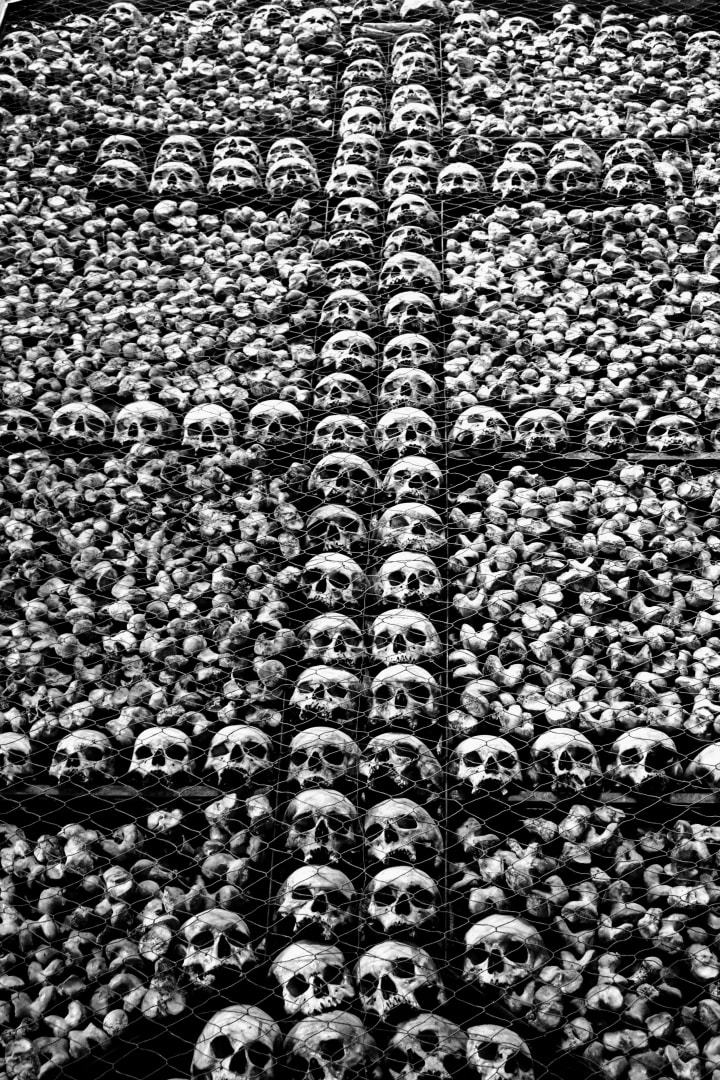
"The outcome is death, and it’s the end of most life on the planet because we’re so dependent on the burning of fossil fuels. There are no means of reversing the process which is melting the polar ice caps. And very few appear to be prepared to say so. I’m not going to write anymore because there’s nothing more that can be said"
What I submit that Dr Hillman may not have been aware is that increasing numbers of people find themselves feeling something similar- including the author of the quote at the start of this article.
It seems that both the anonymous poster and Dr Hillman - and a lot of us - have given up. There is nothing more that can be written, nothing more to be done, that can save us from turmoil, escalating crisis, and death.
Indeed, much has been written on what we would need to do to avoid the worst impacts, such as plan for the migration of billions of people worldwide away from areas of worst impact. But the suggested solutions are not logical, do not appear internally consistent, and are abhorrantly immoral in implementation.

How does one get out of this creek, in a boat that doesn't have a paddle? A clue can be found in how the anonymous poster describes how they feel, that its "a form of depression that is externally caused." That the whole situation is out of our control, caused by bad actors, a nebulous 'them' that is different from 'us' the helpless victims.
In the present author's view, this view is rooted in concepts of humanity that describe us as helpless automatons, victims of an uncaring unthinking destiny. According to this widespread and very popular view, there is nothing we can do to avoid the inevitable outcomes of our actions because it is 'human nature' to drag us down.
The great philosopher and polymath, Bertrand Russell, wrote in his celebrated and influential essay 'A Free Man's Worship'
"that no fire, no heroism, no intensity of thought and feeling, can preserve an individual life beyond the grave; that all the labours of the ages, all the devotion, all the inspiration, all the noonday brightness of human genius, are destined to extinction in the vast death of the solar system, and that the whole temple of Man’s achievement must inevitably be buried beneath the debris of a universe in ruins"
The final verse of the acclaimed musician and entertainer Prince's 'Party like its 1999' extends this theme to the individual, in an archetypal expression of 'YOLO' culture:
"Everybody's got a bomb / We could all die any day / Ooow / But before I'll let that happen / I'll dance my life away"
But wait, I hear you say, we seem to be taking a spade and digging ourselves deeper into this hole!
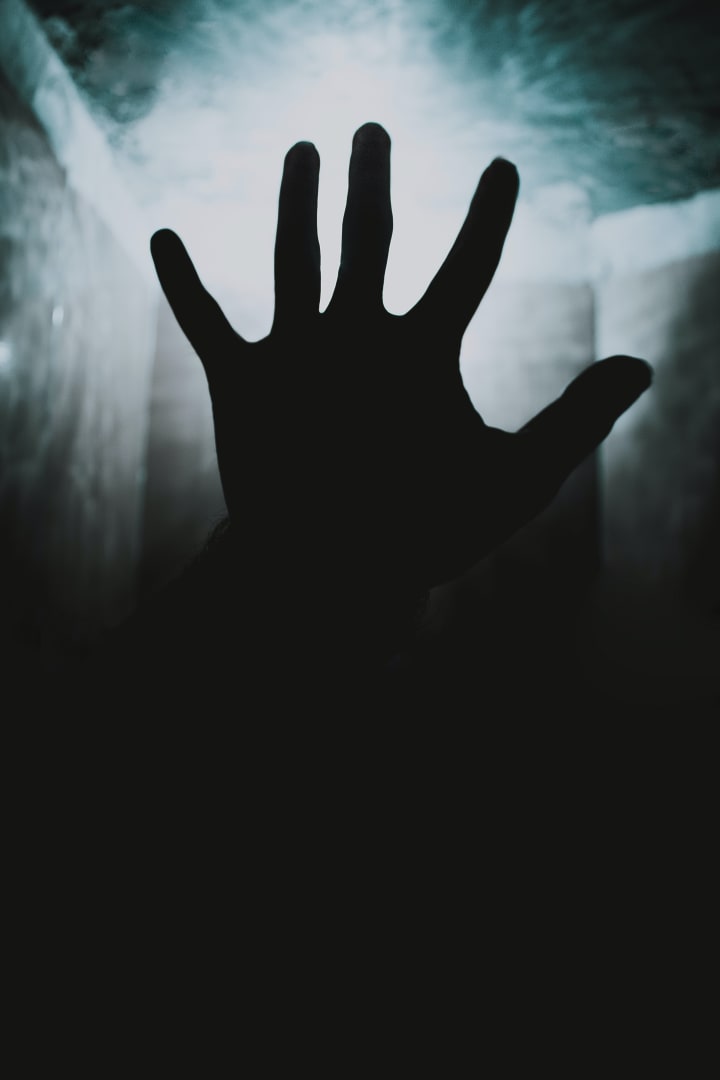
I am going to take a moment more to examine briefly the work of Professor Ernest Becker in his foundational work 'The Denial of Death'. "This is the terror," he wrote, "to have emerged from nothing, to have a name, consciousness of self, deep inner feelings, an excruciating inner yearning for life and self-expression – and with all this yet to die." This existential terror - repressed in our day to day lives out of sheer necessity - stops us living life fully: "The irony of man’s condition is that the deepest need is to be free from the anxiety of death and annihilation; but it is life itself which awakens it, and so we must shrink from being fully alive."
It is the contemplation of precisely this existential dread that has inspired some of the highest and best expressions of culture in the modern day, like Philip Larkin's 'Aubade', and the marvellous, soaring 'Ode to a Nighingale' of John Keats.
Human life itself seems to be so unbelievably fragile, liable to be blown away at the slightest accident - yet somehow what makes us who we are is more resilient than that.
If a repressed fear of death explains so much of humanity's behaviour - tribalism (the need to feel a member of a group), complacency ('it isn't happening to me'), materialism (attachment to collecting possessions as a substitute for 'being fully alive'), and othering (consequential hostility to an 'out' group) - then it seems logical that overcoming this fear promises to tackle this all pervading sense of purposelessness.
By 'overcoming' there is no suggestion of a manufactured need to lean on shibboleths of outworn and outmoded moth-eaten brocades of superstition and traditional belief. As humanity collectively approaches maturity, we have shown that we are capable of thinking for ourselves, and are capable of more than resting on the beliefs of our forefathers. Instead of that, there is a need to focus on what makes us truly human, and connects us, one to the other.
This essential nature of who we are is independent of ties to creed or doctrine, or indeed attachment to none at all. It is at the heart of the thought of every founder of the great systems of belief that have shaped so much of our culture and history.

Though our essential nature seems veiled and obscured, hints of its reality can be glimpsed through the carefully collected and systematised reports of survivors of close brushes with death - what we would call 'near death experiences'.
They describe how this all pervasive existential fear was overcome, at a stroke:
"I do not fear death and I am free. It’s the freedom that I find is the most important thing."
"The experience did leave me changed. I will never fear death again."
"Fear of death is the root-problem of people while there is nothing to fear. Also, many people are searching truth about it. It is a question of whether there is life after death. It is not a question anymore for us with NDE."
For many, this remarkable change was accompanied by an encounter with a perfect, unconditional love:
"I remember being engulfed in a peace and love. I can only describe this feeling by comparison. Imagine the best day you ever had and multiple that by a billion and that doesn't even come close to the feeling I felt."
"I felt completely accepted. Totally whole and loved. Loved beyond comprehension. Loved in my entirety. Loved with a Love I have not felt here. Loved with the purest love there can be."
A common theme of these reports is one of 'oneness' - an almost inexpressible feeling of connectedness and unity with our fellow humanity:
"We are all connected as one spirit. We think that we do not have any responsibility to a stranger because we do not recognize them, but we do. In essence, we are the same as they, inter-twined together like a complex wiring system."
"Everything, every quark, charm, neutrino, atom, spirit and entity everywhere and every time is One. All is part of everything."
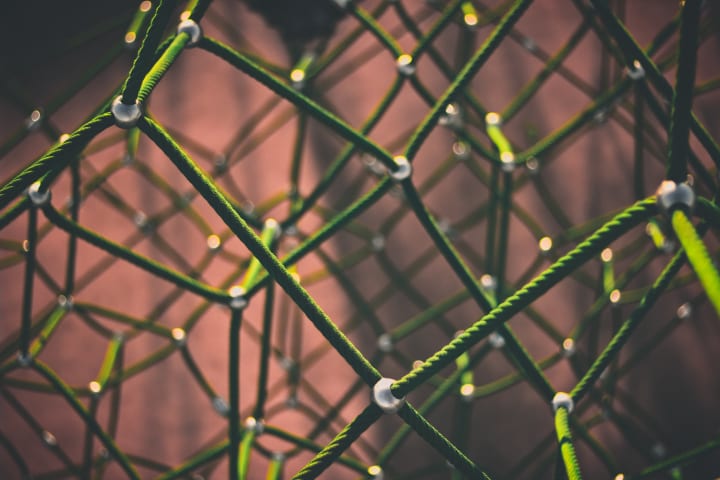
Psychologists have studied this feeling of 'oneness' and explored its impact on people's lives. According to an article in Scientific American from 2018:
"[T]he researchers looked at values and self-views that might be related to the belief in oneness. They found that a belief in oneness was related to values indicating a universal concern for the welfare of other people, as well as greater compassion for other people. A belief in oneness was also associated with feeling connected to others through a recognition of our common humanity, common problems, and common imperfections."
A prominent academic researcher in the field of near-death studies, Professor Kenneth Ring, suggested from his experience of teaching groups of people and classes of students in various contexts, as well as studying many such near death reports, that just reading about near death experiences has the capacity to change one's world-view and influence how we see ourselves and one another. He called his idea the 'benign virus hypothesis' - the lessons from near-death experiences are capable of 'infecting' people in a good way.
Dr Penny Sartori, in her book 'The Wisdom of Near-Death Experiences', wrote:
"Imagine if everyone changed their perspective on life and saw each other as interconnected and valuable people … What if everyone put the needs of others before their own needs? How radically transformed the whole world would be."

Once one sees that there is something irreplaceably precious and luminous at the seat of our being, that can be seen at the core of other people too, then ways can be found to connect to people distant in time and in space. This concept draws upon the core of every faith tradition, and can be realised independently of our background:
So it can be seen that humanity is far from being doomed. Further, that all of us have the capacity to do something about it.
It is unfortunately manifestly clear to us that the consequences of inaction in our period of collective peril are catastrophic. Choosing not to act in the interests of our neighbour, whether they be close to us or remote in distance or time, knowing that it will lead to the suffering and death of so many, would be utterly unconscionable.
The choice before you and me is clear. There is an alternative to paralysis in the face of doom. Instead courage can be found to witness in ourselves and each other something that is precious, and realise our essential connection.
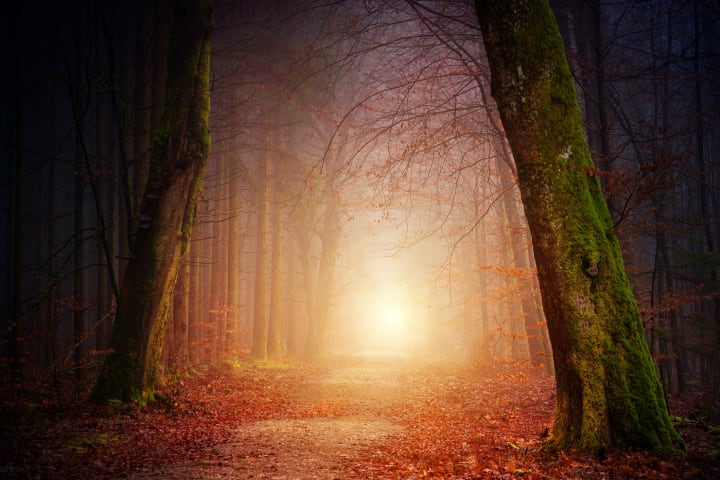
We can choose a path to a brighter future - a future which in fact seems to be our destiny, in marked contrast to prophesies of doom.
In the words of one experiencer:
"After the unification process with each other, [we] are going to make the main evolutionary step, the ultimate one as individual humans - [we] are going to bond with a greater, enormous spirit. … It will create a huge new entity - one that will improve [our] lives tremendously and forever. This huge spirit is quite well known to humanity on Earth. Many people, unknowingly, already are craving to bond with Him. They consciously pray for His help, and love Him. In some part of their subconscious minds all people on Earth already know it. And whether they believe in any established religion or not, in times of great need most humans recognize His existence. They call him: God, Elohim, Yahave, Allah, the Heavenly Father, and many other names."
Sometimes, unity and connection can be found in some most strange places.
About the Creator
Andrew Scott
Student scribbler


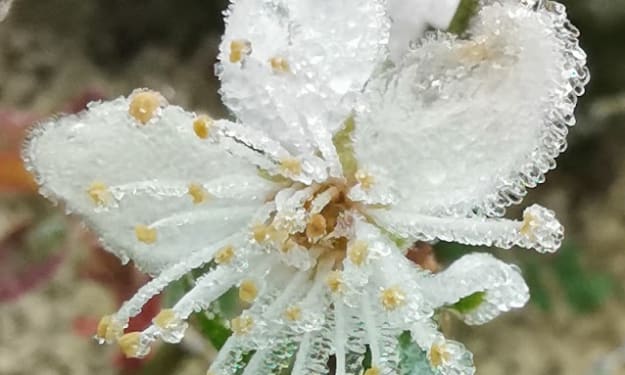



Comments (1)
Great essay. Tat tvam asi, as the Vedantists said. Thou art that. Amazing how difficult that fundamental truth is to accept.